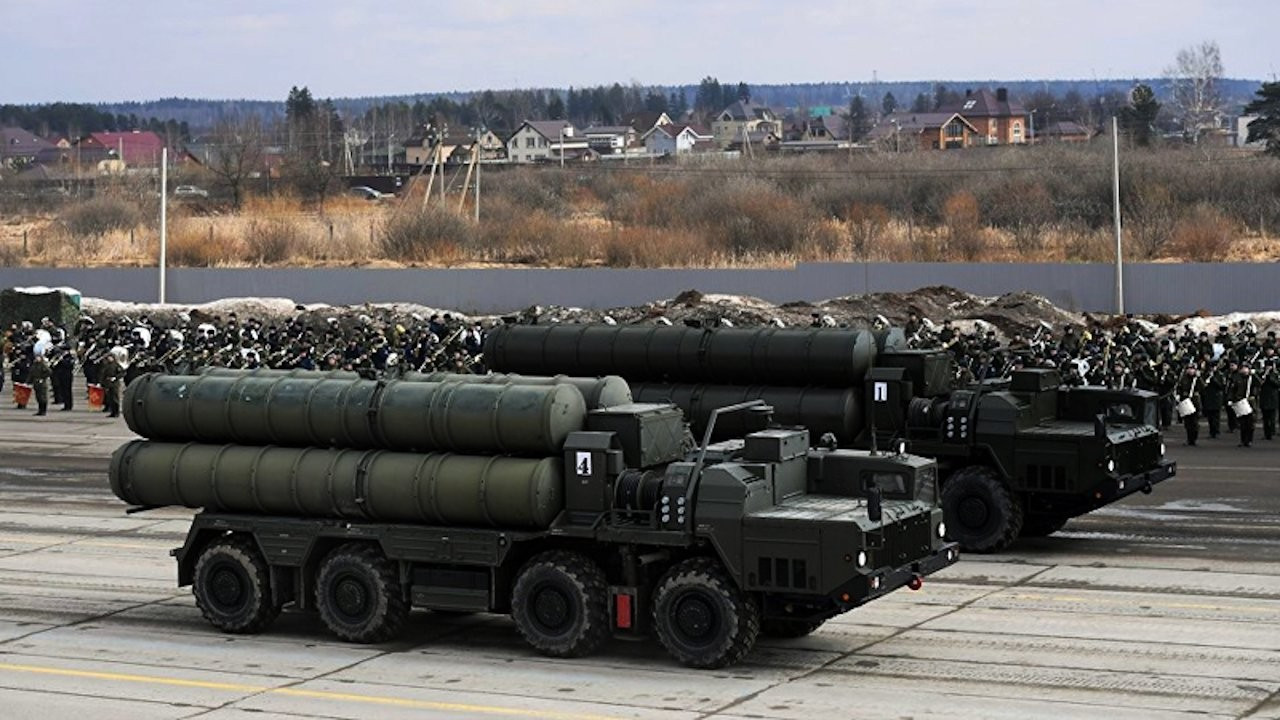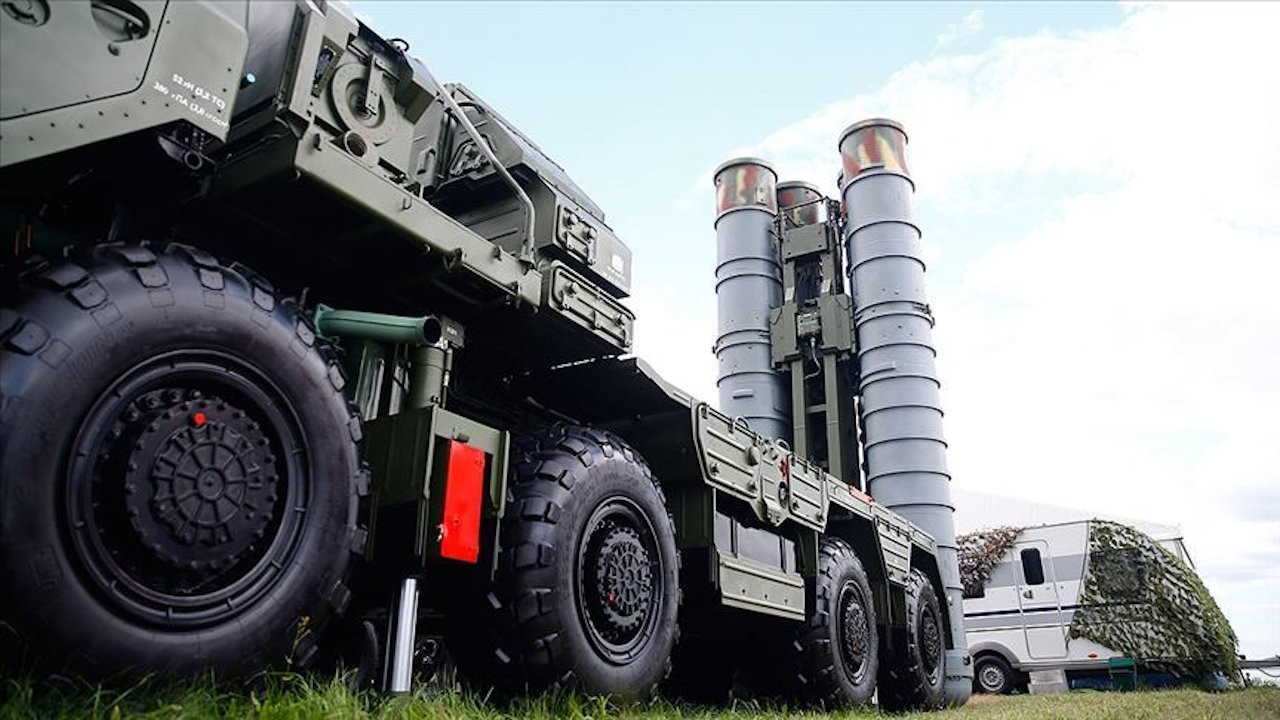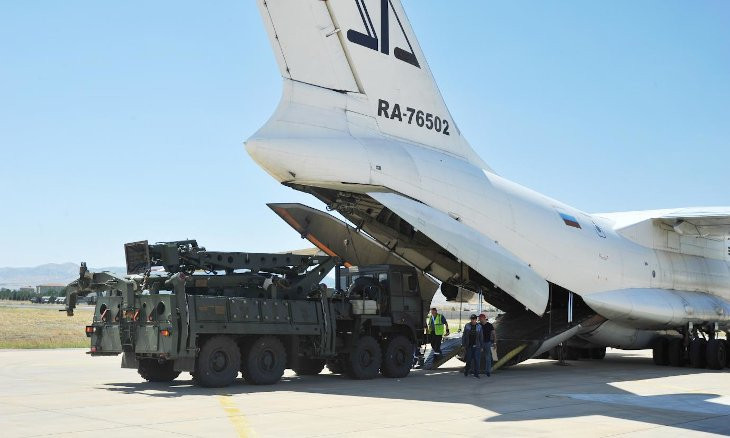Turkey denies considering 'Crete model' for deploying S-400s
Presidential spokesperson İbrahim Kalın has said that Defense Minister Hulusi Akar's previous remarks on considering the "Crete model" for the S-400 missile defense systems were "distorted." "We don't have such a model on our agenda," Kalın said on March 2.
Duvar English
Turkish President Recep Tayyip Erdoğan's spokesperson İbrahim Kalın has said that the "Crete model" for the S-400 missile defense systems is not on the country's agenda.
Kalın on March 2 said that Defense Minister Hulusi Akar's previous remarks on the issue were "distorted" and that he didn't mean to suggest such a model.
"We don't have such a model on our agenda. Even though various interpretations were made, our minister didn't mean that. The issue was distorted a bit," Kalın told the daily Sabah.
Akar on Feb. 9 said that Turkey was open to a compromise with regards to the deployment of Russian S-400s in a way similar to the one Greece reached following its acquisition of Russia’s older S-300 defense system in 1997.
Greece placed the S-300s on the Greek island of Crete in 1999, after Turkey pressured original owner Cyprus to dispose of it. It is only during military drills or tests that Greece uses the system.
“Whatever the model used for the S-300 on Crete, we’re open to negotiating,” Akar told reporters in the capital Ankara.
Kalın, however, denied that such a model was on the agenda and ruled out backtracking on the issue of S-400s.
"Our president tried for years to acquire the Patriot systems but the U.S. side didn't come up with a satisfactory proposal that we would accept. As a result, Turkey showed that it has alternatives and purchased the S-400s," Kalın said.
Washington says the S-400s pose a threat to its F-35 fighter jets and to NATO's broader defense systems. Turkey rejects this, saying S-400s will not be integrated into NATO and purchasing them was a necessity as it was unable to procure air defense systems from any NATO ally on satisfactory terms.

 Turkey 'ensures NATO's security with its S-400 systems'Diplomacy
Turkey 'ensures NATO's security with its S-400 systems'Diplomacy Pentagon reiterates its call on Turkey to not retain S-400sDiplomacy
Pentagon reiterates its call on Turkey to not retain S-400sDiplomacy Turkish defense minister suggests 'Crete model' for deployment of S-400s Diplomacy
Turkish defense minister suggests 'Crete model' for deployment of S-400s Diplomacy